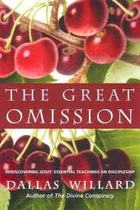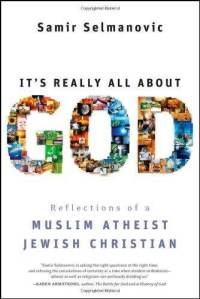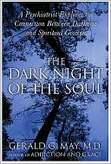
The author emphasizes that deliberately choosing to be a disciple of Jesus is crucial, and that modern Christianity has made discipleship “optional” at best and “unexpected” for the majority of those on church rosters. The “great omission” of intentional discipleship in the contemporary church is the basis for the title of the book. Willard emphasizes that when a person decides to take Jesus seriously, this choice needs to be fleshed out through the practices and activities of the classic disciplines of the Christian life. Such activities might include prayer, fellowship, service, study, simplicity, chastity, solitude, and fasting, among many others. Willard contends these activities lead to spiritual transformation, which manifests as growth in the fruits of the Spirit (Galatians 5:22-23).


 RSS Feed
RSS Feed
